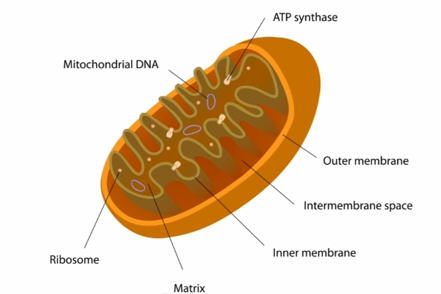The study consisted of 20 healthy men and women age 60 to 79 from the Boulder area. Half took a placebo and half took 20 milligrams per day of a commercially available supplement called MitoQ, which is Coenzyme Q10 which uses chemistry to allow the antioxidant to penetrate the membrane of mitochondria, the energy factories of our cells.
After six weeks, the researchers assessed how well the lining of blood vessels, or the endothelium, functioned, by measuring how much subjects’ arteries dilated with increased blood flow. After a two-week “wash out” period of taking nothing, the two groups switched, with the placebo group taking the supplement, and vice versa. Then the tests were repeated.

The researchers found that when taking the supplement, dilation of subjects’ arteries improved by 42 percent, making their blood vessels, at least by that measure, look like those of someone 15 to 20 years younger. An improvement of that magnitude, if sustained, is associated with about a 13 percent reduction in heart disease, according to the authors. The study also showed that the improvement in dilation was due to a reduction in oxidative stress.
In participants who, under placebo conditions, had stiffer arteries—another indication of vascular dysfunction—supplementation was associated with reduced stiffness.





Comments